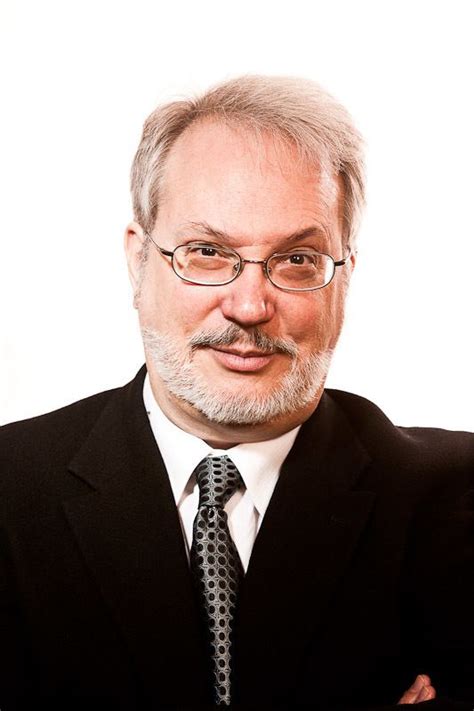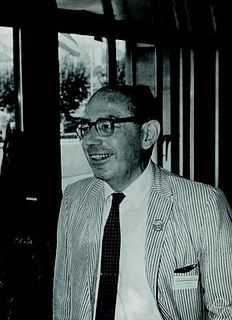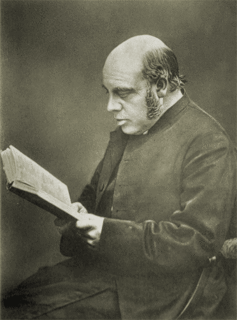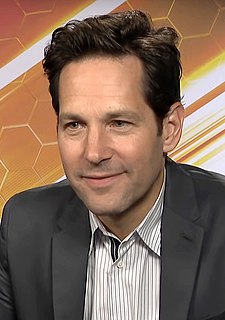A Quote by David Hilbert
We ought not to believe those who today, adopting a philosophical air and with a tone of superiority, prophesy the decline of culter and are content with the unknowable in a self-satisfied way. For us there is no unknowable, and in my opinion there is also non whatsoever for the natural sciences. In place of this foolish unknowable, let our watchword on the contrary be: we must know - we shall know.
Related Quotes
You know, on the spectrum of religious belief, there is atheism - these are people that don't believe. There's theism - these are the believers and agnostics say it's beyond comprehension that the whole issue of God us unknowable. You might be interested to know that perhaps the greatest mind of the 20th century Einstein, the one time that he actually used one of these appellations was in a letter about five years before he died and he referred to himself as an agnostic.
Men don't know anything! Men don't know when their lives became so entirely awful, when everyone else turned into such a tosser! A man does not know how he came by the half a pie he is holding in his hand. And scientists - those frauds - seize on this, and try to use it as proof of the mysteries of human consciousness and the unknowable nature of the brain, which is rubbish!







































